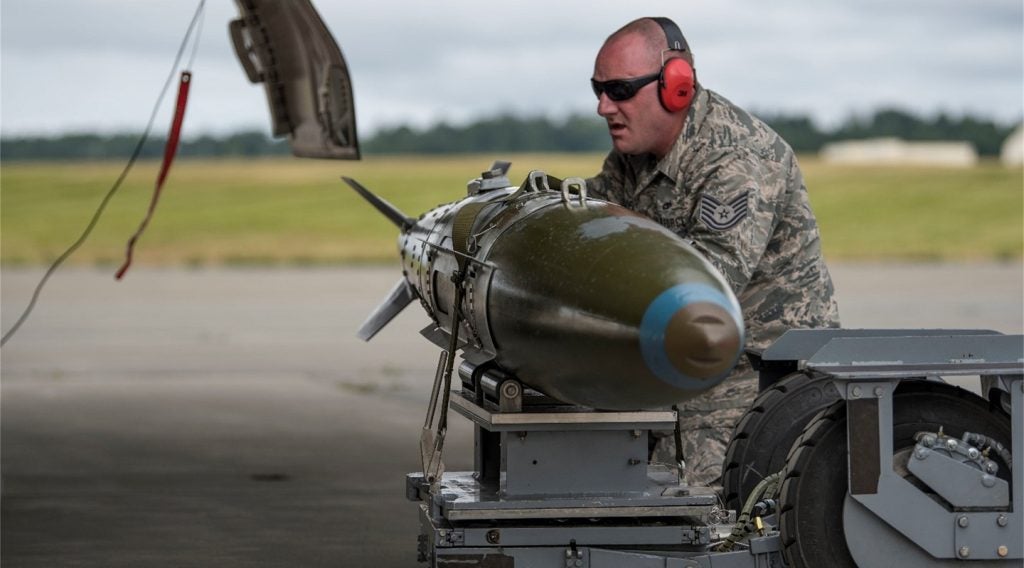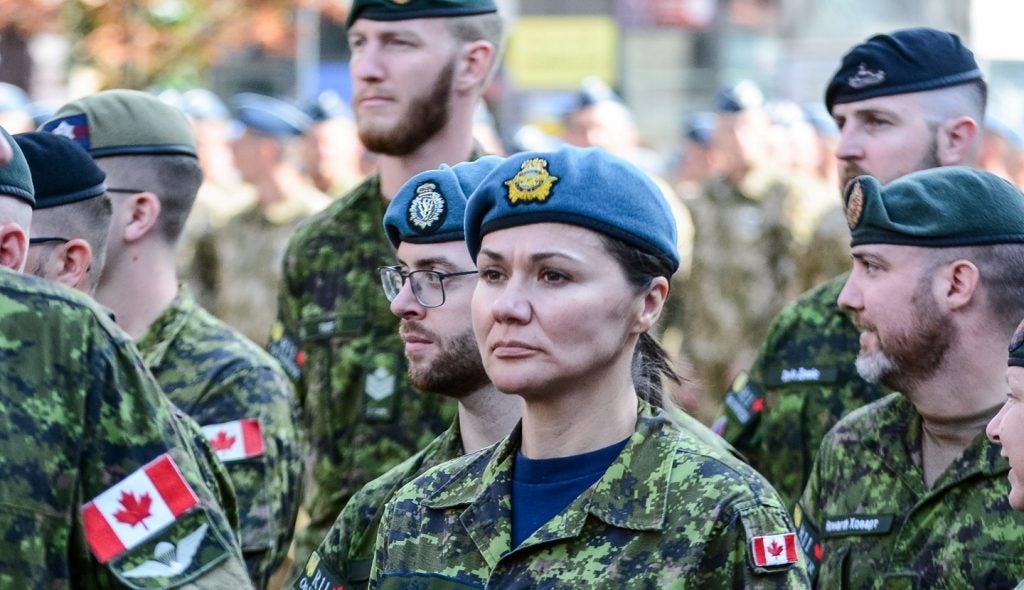The US Air Force has begun the processes of setting up new combat support software to aid in its logistics missions.
Release 1 of the expeditionary combat support system (ECSS) will bring together 240 separate logistics-management software programmes, and is being touted as the largest enterprise resource planning operation ever implemented.
Release 1 will implement ECSS into base-level functions by mid to late 2011 in three pilot phases that will include vehicle and equipment management, tool and small arms accountability, communications security and warehouse functions.
During the initiation meeting, individual organisations became familiar with how ECSS Release 1 would affect their mission and work environment.
Air Force Global Logistics Support Centre analyst Kim Brown said that ECSS was more than IT solutions, which actually make up a really small part.
“It’s really a transformation of future (logistics) processes,” Brown said.
How well do you really know your competitors?
Access the most comprehensive Company Profiles on the market, powered by GlobalData. Save hours of research. Gain competitive edge.

Thank you!
Your download email will arrive shortly
Not ready to buy yet? Download a free sample
We are confident about the unique quality of our Company Profiles. However, we want you to make the most beneficial decision for your business, so we offer a free sample that you can download by submitting the below form
By GlobalDataThe Hanscom airbase will test the system until July 2010, when it will begin using it for day-to-day operations under a pilot status until mid to late 2011.
About 600 other locations will begin using the programme once the pilot status is lifted and the programme will become standard practice.







